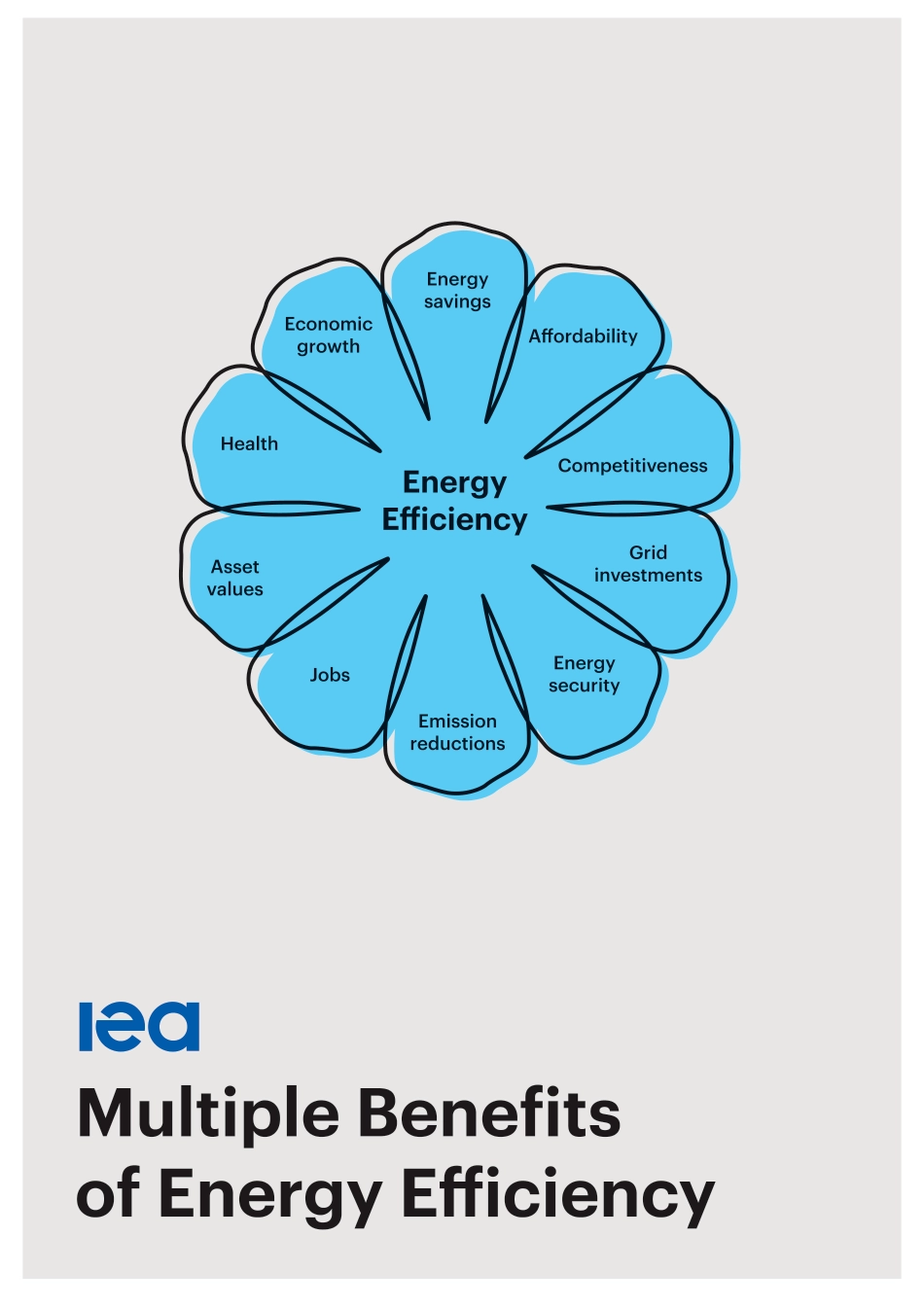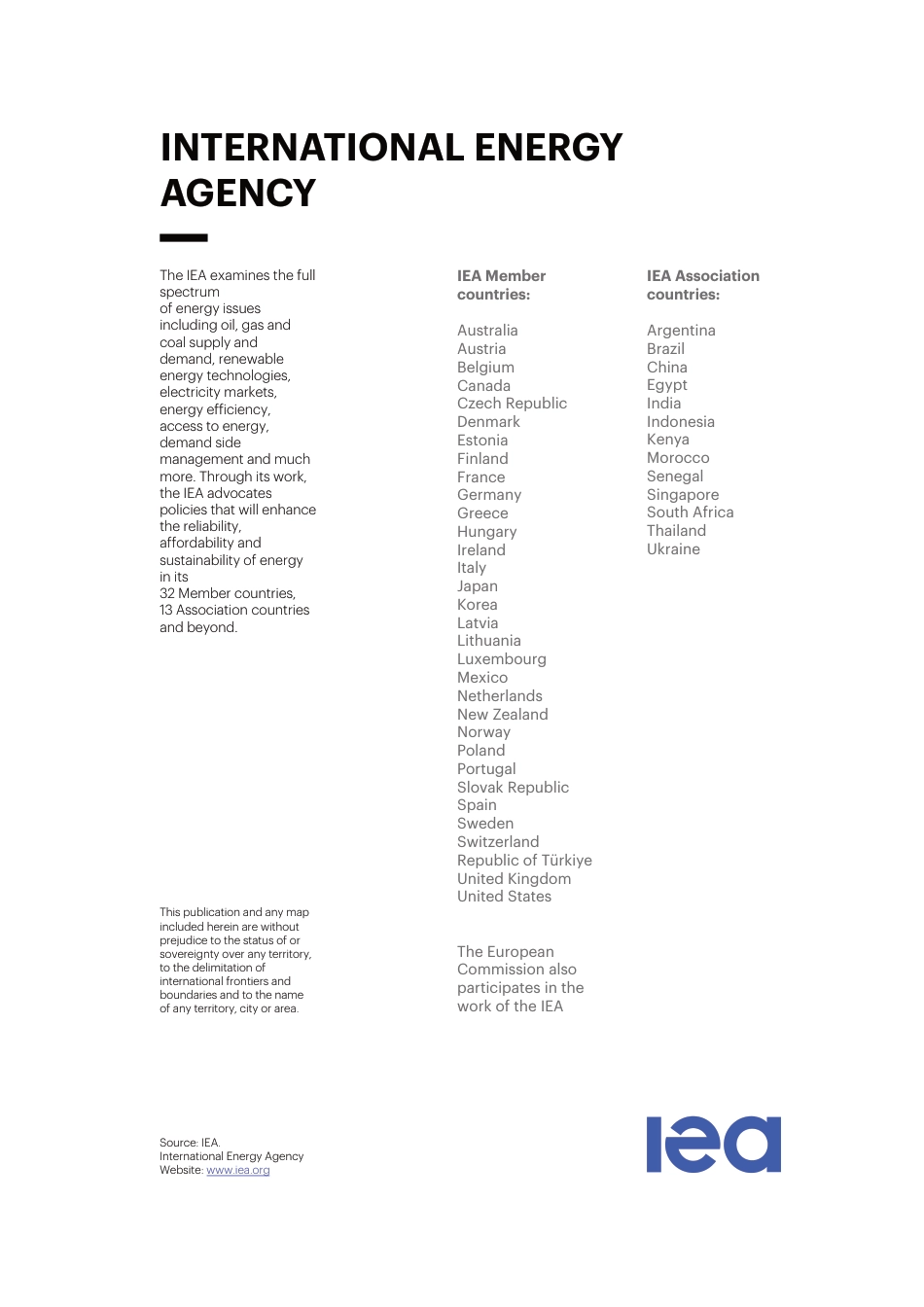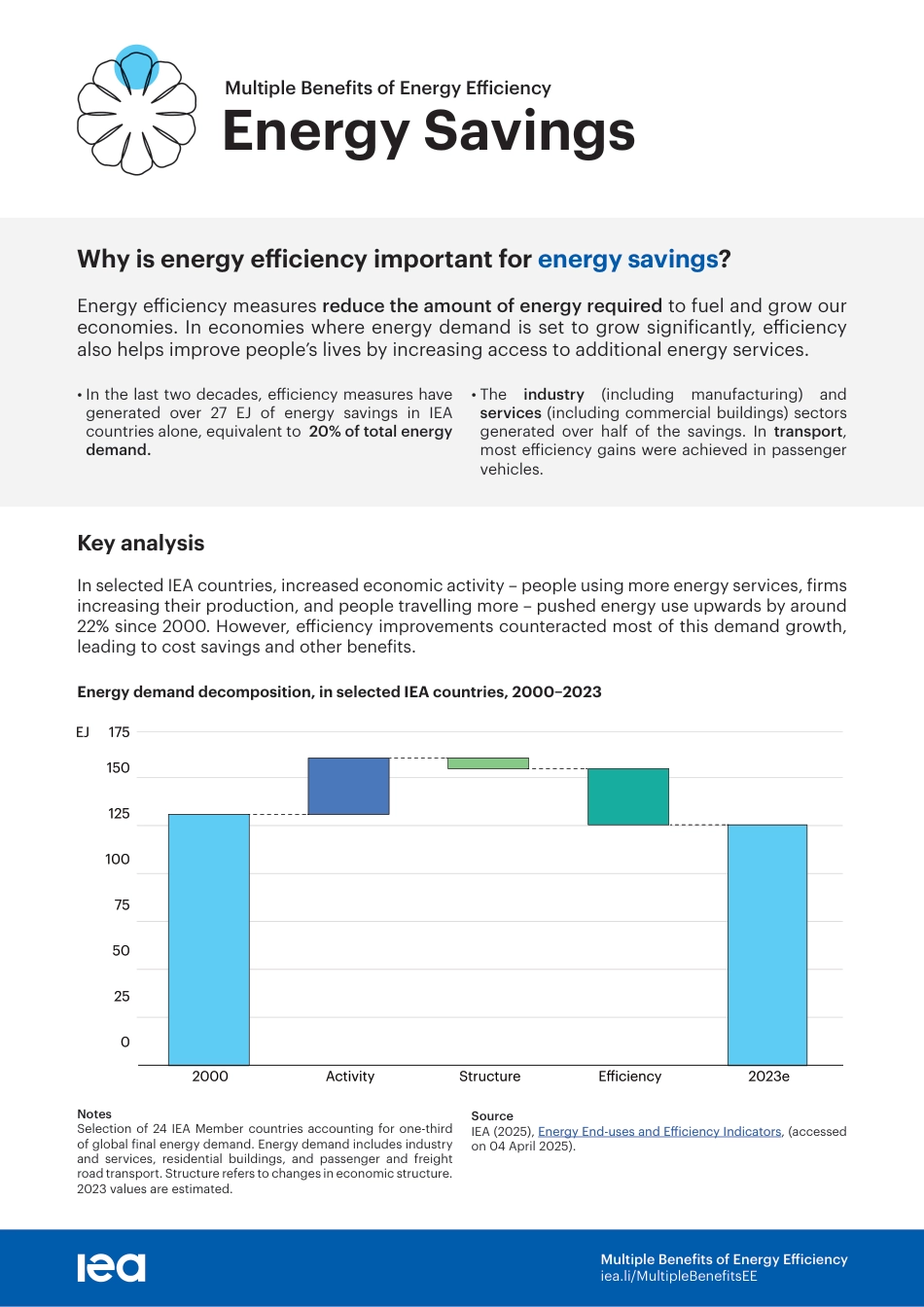The IEA examines the full spectrum of energy issues including oil, gas and coal supply and demand, renewable energy technologies, electricity markets, energy efficiency, access to energy, demand side management and much more. Through its work, the IEA advocates policies that will enhance the reliability, affordability and sustainability of energy in its 32 Member countries, 13 Association countries and beyond.This publication and any map included herein are without prejudice to the status of or sovereignty over any territory, to the delimitation of international frontiers and boundaries and to the name of any territory, city or area.Source: IEA. International Energy Agency Website: www.iea.orgIEA Member countries: AustraliaAustriaBelgiumCanadaCzech Republic DenmarkEstoniaFinlandFranceGermanyGreeceHungaryIrelandItalyJapanKoreaLatviaLithuania Luxembourg Mexico NetherlandsNew Zealand NorwayPolandPortugalSlovak Republic SpainSweden Switzerland Republic of Türkiye United Kingdom United StatesThe European Commission also participates in the work of the IEAIEA Association countries:Argentina BrazilChinaEgyptIndia Indonesia Kenya Morocco Senegal Singapore South Africa Thailand UkraineINTERNATIONAL ENERGYAGENCYKey analysisIn selected IEA countries, increased economic activity – people using more energy services, firms increasing their production, and people travelling more – pushed energy use upwards by around 22% since 2000. However, efficiency improvements counteracted most of this demand growth, leading to cost savings and other benefits.Why is energy efficiency important for energy savings?Energy efficiency measures reduce the amount of energy required to fuel and grow our economies. In economies where energy demand is set to grow significantly, ...



